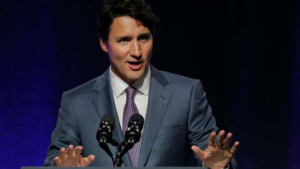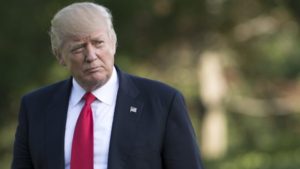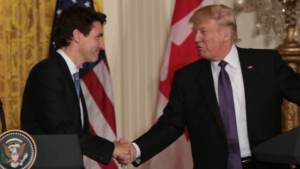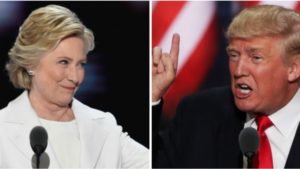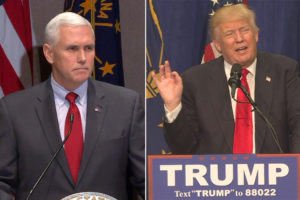Protectionist trade policies make good politics at certain times, but they tend to stand directly in the way of allied nations and friendly neighbors.
Canadian Prime Minister Justin Trudeau has made a rare appearance before the U.S. National Governors Association meeting and offered a stern bit of advice: Fix what you think is wrong with the North American Free Trade Agreement instead of throwing it over.
Donald J. Trump has vowed to toss NAFTA into the crapper. He threatened to do it immediately after becoming president, then backed off.
Trudeau doesn’t think tossing out NAFTA is a good idea. I agree with him.
The United States about 4,000 miles of common border with Canada, our leading trading partner.
Trudeau said this, in part, to the governors, according to BBC News: President Donald Trump has made “America First” his mantra, shaping his policies on trade and immigration.
But Mr. Trudeau, who is a fierce advocate of free trade, told the governors protectionist policies “kill growth.”
“And that hurts the very workers these measures are nominally intended to protect. Once we travel down that road, it can quickly become a cycle of tit-for-tat, a race to the bottom, where all sides lose,” Mr. Trudeau said.
Is that so hard to understand? The U.S. president donned the so-called populist cape and campaigned on pledges to get rid of NAFTA, to scrap the Trans-Pacific Partnership and to remove the United States from the Paris climate accord. He made good on the pledges regarding the latter two agreements.
NAFTA does have its critics. As with the Affordable Care Act — which Republicans want to scrap altogether — NAFTA can be repaired with improvements. Why not embrace the notion of free and fair trade with Canada and Mexico?
Prime Minister Trudeau has offered some sound counsel to U.S. governors. He wants to create what he called a “thinner border” between the two giant neighboring nations. Donald Trump is seeking to wall off the nation he governs from the rest of North America.
How is that going to benefit this great nation?
